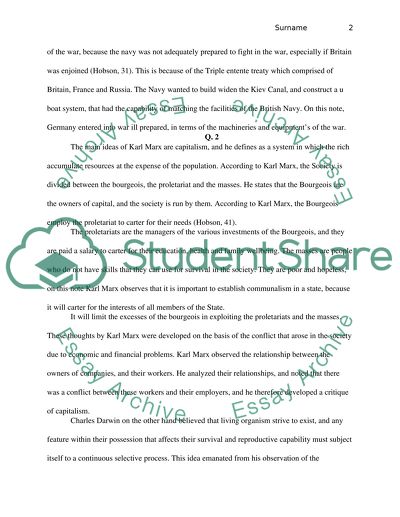Cite this document
(“History Questions (1st World War, Socialism, French Revolution) Essay”, n.d.)
Retrieved from https://studentshare.org/history/1464479-history-questions-world-war-socialism-french-revolution
Retrieved from https://studentshare.org/history/1464479-history-questions-world-war-socialism-french-revolution
(History Questions (1st World War, Socialism, French Revolution) Essay)
https://studentshare.org/history/1464479-history-questions-world-war-socialism-french-revolution.
https://studentshare.org/history/1464479-history-questions-world-war-socialism-french-revolution.
“History Questions (1st World War, Socialism, French Revolution) Essay”, n.d. https://studentshare.org/history/1464479-history-questions-world-war-socialism-french-revolution.


